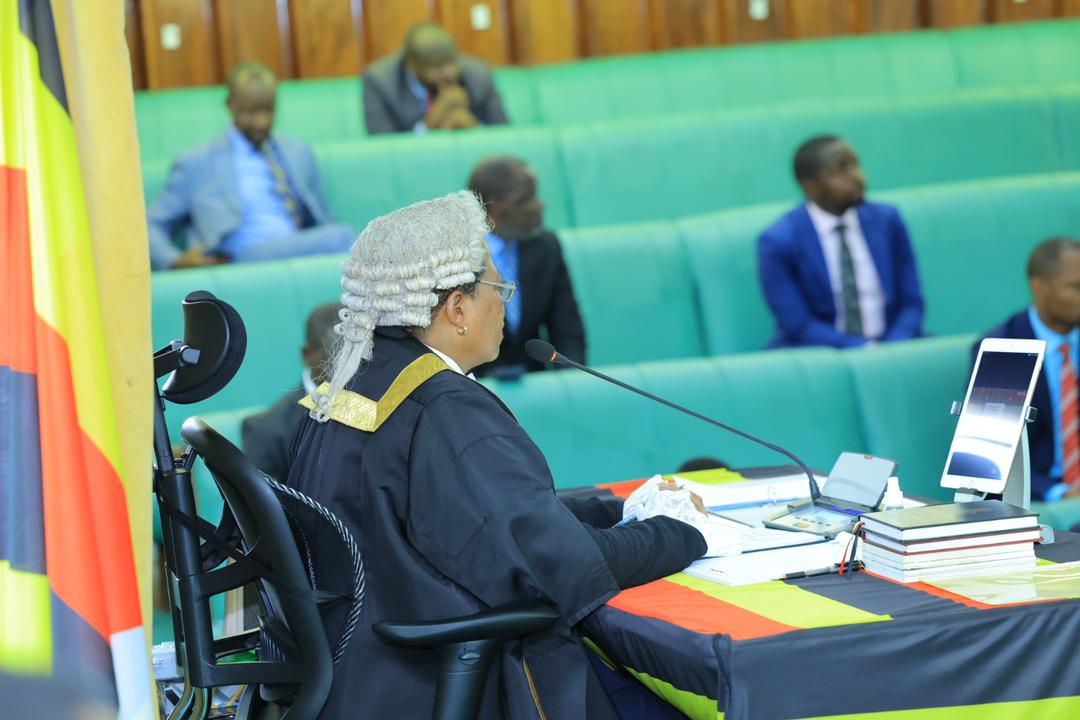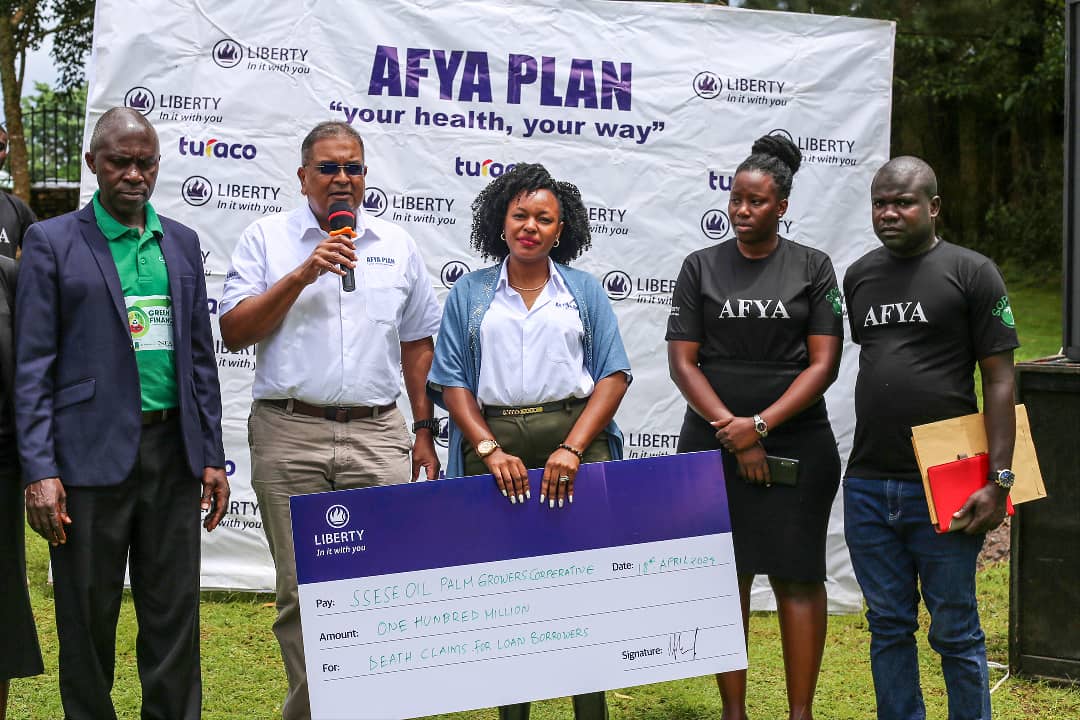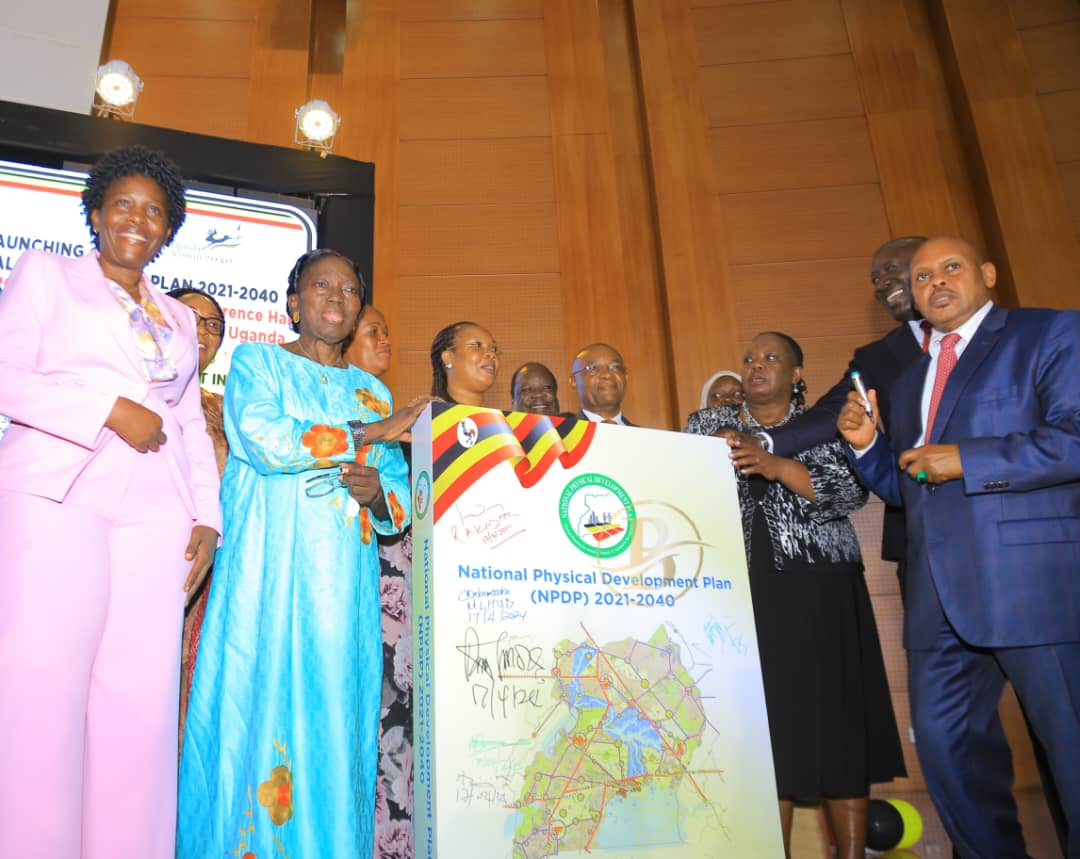Policy considerations for taxation of fintechs and the digital economy
Debate on taxation of financial technologies (fintechs) and the digital economy has gained prominence not just in Uganda but all-over the world because of increased commercial activity being channelled through e-commerce. Many trading, financial, banking and investment activities are happening through complex algorithm processes, and this has necessitated tax and other regulatory authorities to seek attribution of value and intellectual property rights to their home jurisdictions for taxation and regulatory purposes.
However, the above efforts by the tax and regulatory authorities have been faced with traditional tax and regulatory laws that envisaged physical goods and interpersonal services. For example, sections 4 and 5 of Uganda’s VAT Act envisaged physical goods and services. This is understandable because at the time of enactment in 1996, e-commerce and digital intermediary platforms such as mobile money and other over-the-top (OTT) platforms such as Facebook, Twitter, Netflix, You Tube, etc were not yet widely used applications.
At the international level, the global taxation approach to FinTechs is being discussed. For example, Action 8 of the Organisation for Economic Co-operation and Development (OECD) Base Erosion and Profit Shifting (BEPS) recommendations attempts to address the situation where intellectual property is maintained in a different jurisdiction from where it was originally developed/created. Once this is ascertained, then the transfer pricing is aligned with the value created for taxation purposes. However, determining at what point “value” is created is a major challenge. One problematic aspect of the Ugandan approach is proposing to tax the end user, yet the end-user is just a consumer and not a creator of value.
Another challenge arises from smart contracts. It is very hard to determine where such contracts are executed and in which jurisdiction the parties to such contracts are trading due to the absence of human involvement in the process. Blockchain and artificial intelligence are the drivers of the smart contracts process. Therefore, due to such practical challenges, the OECD draft recommendations are not expected until 2020. However, we need to tailor the debate to our local circumstances such as the need for deeper internet penetration, bridging the digital use and access gap, financial inclusion, digital inclusion, employment, attraction of domestic and international capital in Fintechs, incentivizing start-ups, etc.
The ability to innovate quickly, without the handicap of stringent legal, regulatory and taxation systems is why FinTechs have the potential to be truly transformational to Uganda’s tech ecosystem. Therefore, the regulatory interventions must be tailored to market needs such as consumer protection, cyber security, quality of service, and market conduct. According to 2017 research by GSMA, taxation and fees on mobile services affect affordability by directly raising the retail price that consumers face, while also affecting operators’ incentives to invest in new technologies, better network quality of service and coverage and greater rollout into rural areas.
One case study to consider is the Australian approach. In October 2017, the Australian Parliament passed legislation to remove double taxation on digital currencies. Prior to that, consumers who used digital currency in Australia incurred a goods and services tax (GST) burden twice: once on the purchase of the digital currency and once again on its use in exchange for other goods and services subject to the tax. With the new legislation, digital currencies used to buy goods and services in Australia are now treated just like money for tax purposes. This has facilitated development of a cryptocurrency payments rail, which is a key pillar of the future global economy. Australia is now developing the world’s blockchain standards and championing research and development in aspects such as cryptobanking which will drive further integrated payment solutions (interoperability). Increased access to digital financial services has also digitized the agricultural value chain and enhanced penetration of agricultural technology (agtech) thus improving linkages and payment systems between farmers and the market.
Furthermore, Australia has incentivised investors to support early-stage fintech startups with high-growth potential through amendments to the Tax Incentive for Early Stage (Angel) Investors, as well as the Venture Capital Limited Partnership (VCLP) and Early Stage Venture Capital Limited Partnership (ESVCLP) laws to facilitate eligible investors to invest in early-stage companies in the financial sector. For example, eligible investors who purchase new shares in an early-stage innovation company (ESIC) are provided with a non-refundable carry forward tax offset equal to 20 percent of the amount of money or non-cash benefits (property or services) provided to the start-up company. Early-stage investors are additionally provided with a modified capital gains tax (CGT) treatment, allowing them a 10-year exemption from capital gains tax for qualifying investments held for at least 12 months. This is the course Uganda should take.
Mr. Kayondo is a Partner at Ortus Africa Advocates. He specializes in technology, venture capital and private equity legal, regulatory and transactional mandates.
Twitter: @SilverKayondo E-mail: lawyerkayondo@gmail.com













